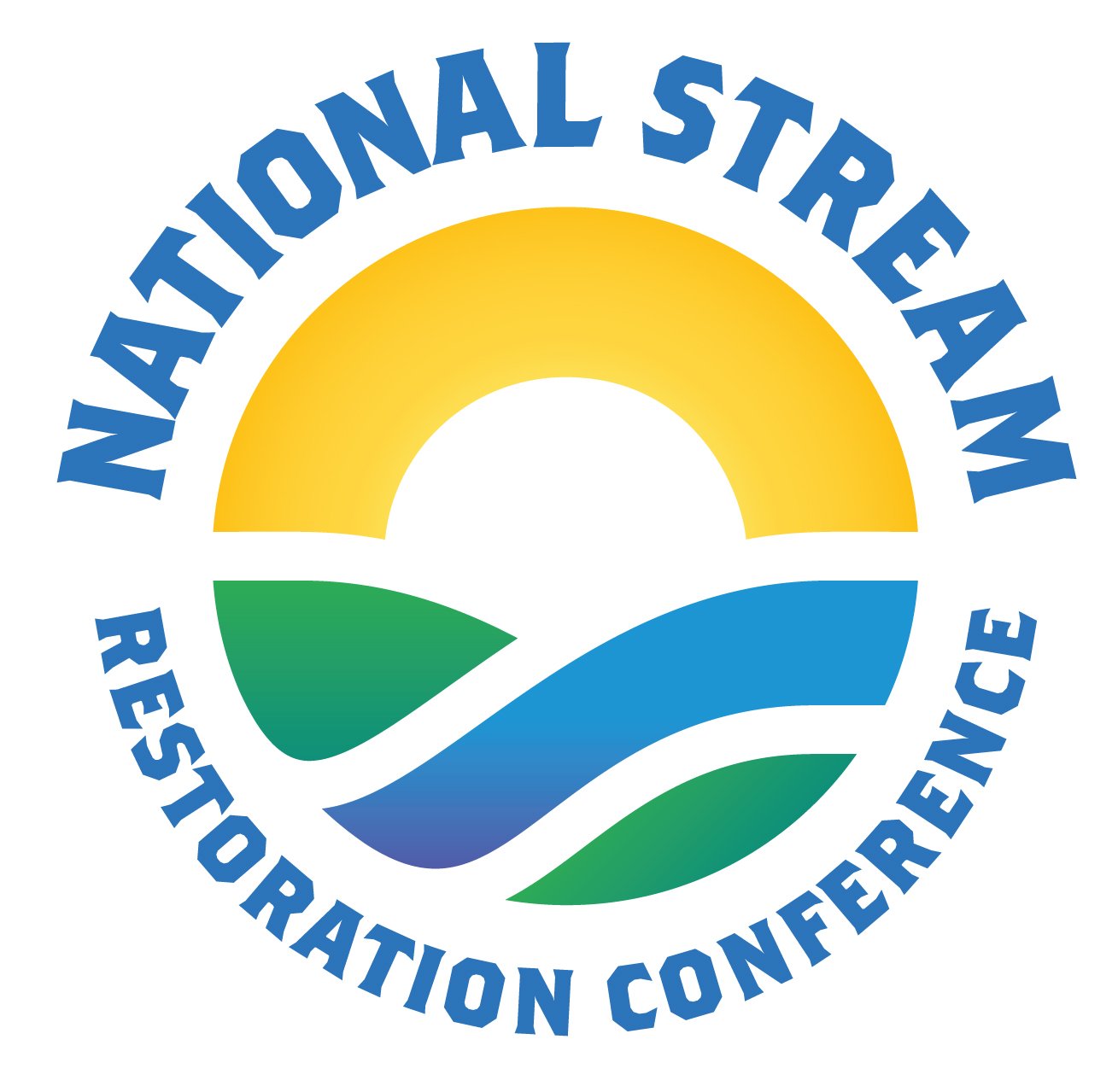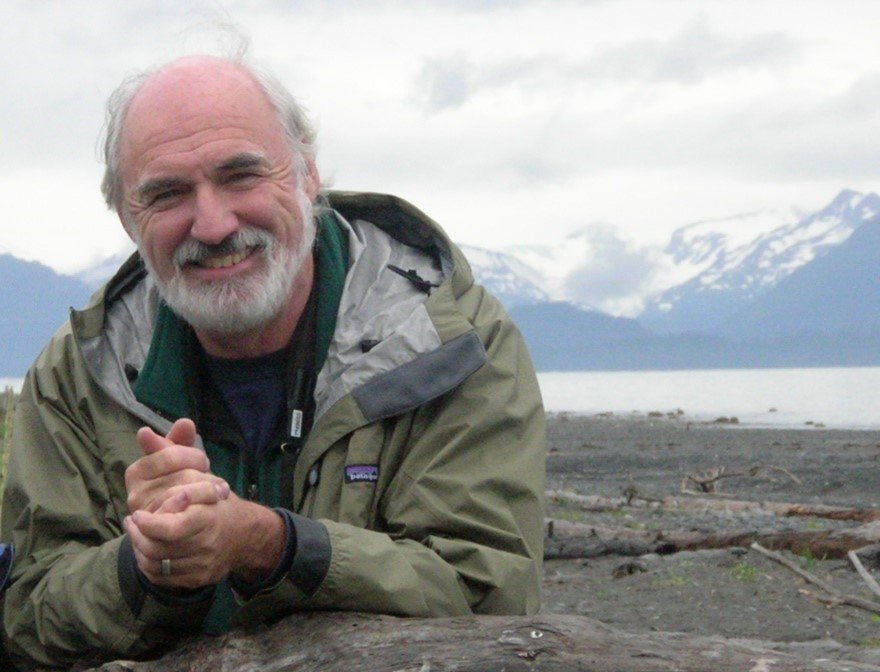Benthic Fauna of Restored Streams
Dave Penrose
Penrose Environmental Consulting
Asheville, NC
Ecological evaluation of restored streams and wetlands is a relatively new science. However much has been learned by restoration managers, scientists and regulators. At the current time the use of ecological indicators of uplift is not fully accepted as a regulatory tool. Studies are being done and in some cases mitigation credits are given to design teams if data are collected. Data collected during biological evaluations are variable; however, variability can be accounted for and data used to determine ecological uplift by review teams. This presentation will outline the perceived impediments to the use of biological information by using data collected from investigations of restoration projects in small streams. It is important to note that for biological data to be used effectively you must have data from a nearby reference reach, pre-construction data and basic taxonomic skills.
About Dave Penrose
Dave retired from the Water Quality Group at North Carolina State University in 2008. Much of his work there was to assess the ecological recovery of stream restoration projects in NC and was funded largely by grants with the Ecosystem Enhancement Program and the Clean Water Management Trust Fund. Prior to working with NCSU Dave was with the NC Division of Water Quality. He worked with the DWQ as an Environmental Biologist specializing in assessing streams and rivers using aquatic insects as indicators of water quality. He helped developed the metrics and assessment protocols needed to assign bioclassification criteria to streams and rivers. This information was frequently used as a tool to assess watershed health and/or trends in data following implementation of management programs. He has also worked to develop protocols to determine perennial stream origins in North Carolina using biological indicators. Dave has given numerous workshops that deal with the ecology and taxonomy of aquatic insects and intends to remain active in this area. He was elected president of the Society for Freshwater Science (formerly the North American Benthological Society) in 2012. The SFS has approximately 1800 active members from 41 countries. He also served as the Executive Board Chair of the Council of Scientific Society Presidents (CSSP) whose member societies number over 1.4 million scientists worldwide. Dave recently started a small consulting firm in Asheville where he specializes in aquatic insect surveys and educational programs about river ecology (www.penrose.consulting).

